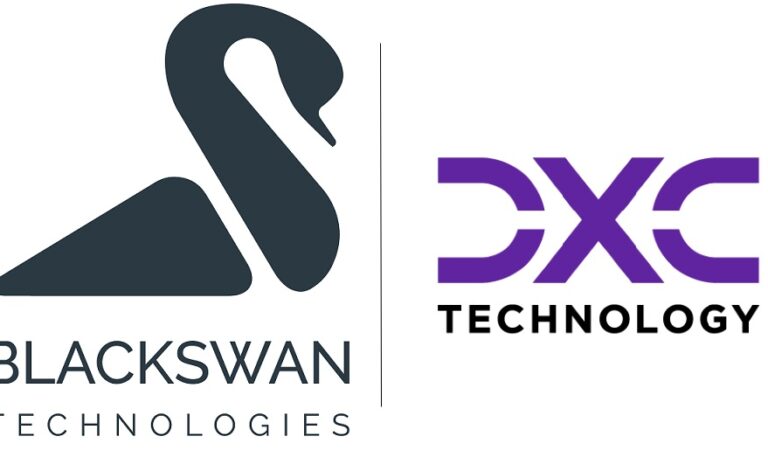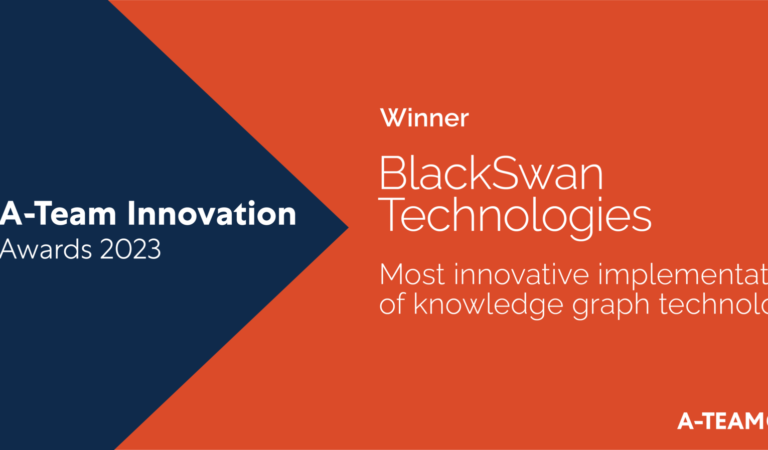
Feb. 15, 2021
How AI can help pharmaceutical companies – during the pandemic and beyond
By Sooraj Shah @ BlackSwan Technologies
Pharmaceutical companies have always relied on their supply chains in order to develop, produce and distribute drugs and other treatments across the globe. With governments around the world depending on vaccines to navigate out of lockdowns and ultimately to save lives, the pandemic has tested pharmaceutical supply chains like never before.
Creating a vaccine and distributing it – at a time when travel restrictions are in place and when rival companies are looking for support from the same supply and distribution organisations – is a significant challenge.
In the short-term, there have been fluctuations in demand for other medicines, either as a result of an increase in Covid-19 patients or because of panic buying, leading to shortages of prescription medicines and the compounds necessary to produce drugs. In the long-term, pharmaceutical companies will have to deal with the fallout of the pandemic, trying to accelerate approval for non-Covid related products which may have been delayed.
There are also difficulties in finding new suppliers and ensuring that they are the best fit for the specific project as well as a trustworthy partner.
All of these challenges directly impact the supply chain, making it more difficult for businesses in the sector to be self-sufficient.
‘Disrupt without disruption’
The key for these pharmaceutical companies is to be able to modernise their existing supply chain model without causing further disruption. This goal relies on organisations being able to integrate information from all available data sources and analyse it effectively to provide fresh insight on supply and demand issues. The companies require technology that can help them to reliably adapt during and after the pandemic, without having to re-engineer existing data models. A list of high-priority capabilities should include the following:
An automated discovery engine, incorporating predefined matching criteria, helps companies to identify potential suppliers that can fulfil particular needs. Company profiles can be built based on project, size, sector, required skills, track record, financial performance, and other criteria. This can help an organisation to replace drug components with readily available, cheaper, easier-to-process alternatives. The ability to search across many regions and languages, using numerous public sources and curated industry databases, would mean the organisation could streamline the tender process.
Pharmaceutical organisations would need to use a combination of AI approaches, such as machine learning and rules-based engines, to vet suppliers and assess the potential risks of working with them, as well as the other companies with whom they are associated. Risk management is a core focus for enterprises, so evaluating data such as financial health, legal actions taken against the prospective supplier, and adverse media targeting its reputation, would prove pivotal. As company profiles are verified and updated, the evaluation of suppliers would strengthen, meaning companies would have a better grasp over supplier risks.
Supply and demand matching has been a big data problem for decades; pharmaceutical companies need to be able to aggregate and verify sales and demand data from different regions, systems and databases to improve the understanding on which they can make decisions. This single source of truth is difficult to achieve, but when a company is successful in creating this foundation, they can apply this high-quality data foundation into systems that monitor and autonomously adjust production requests to better match supply with demand.
BlackSwan Technologies’ ELEMENT for the pharmaceutical supply chain
To deliver on an AI-driven supply chain platform, BlackSwan Technologies offers ELEMENT™, an AI-enabled Platform-as-a-Service solution trusted by leading organisations around the world.
ELEMENT can help pharmaceutical organisations to:
- search for new suppliers that meet cost, data, service and product requirements
- get a better handle on supplier risk management
- aggregate demand data from different sources for a single source of truth
- use AI-based tools to automate demand and supply matching
All of these features of ELEMENT are provided without introducing disruption to the organisation: any data source can be connected; the schemaless Knowledge Graph can be constructed from any data model; it is highly configurable; and it utilises a combination of AI techniques.
ELEMENT delivers rapid ROI through “augmented human intelligence” applications that are configured for specific industries and business functions. With ELEMENT, an organisation can integrate, fully customise, pilot and deploy “augmented intelligence” applications across the enterprise in exceptionally short time periods. Users become self-sufficient in the creation, customisation and adaptation of applications to evolving business needs and technological considerations.
To learn more about a fully customized version of the world’s leading Enterprise AI Operating System click here.
Sooraj Shah is a Content Director at BlackSwan Technologies. He has a decade of experience in writing business technology content for global publishers and technology vendors, specializing in Digital Transformation and CIO priorities.



